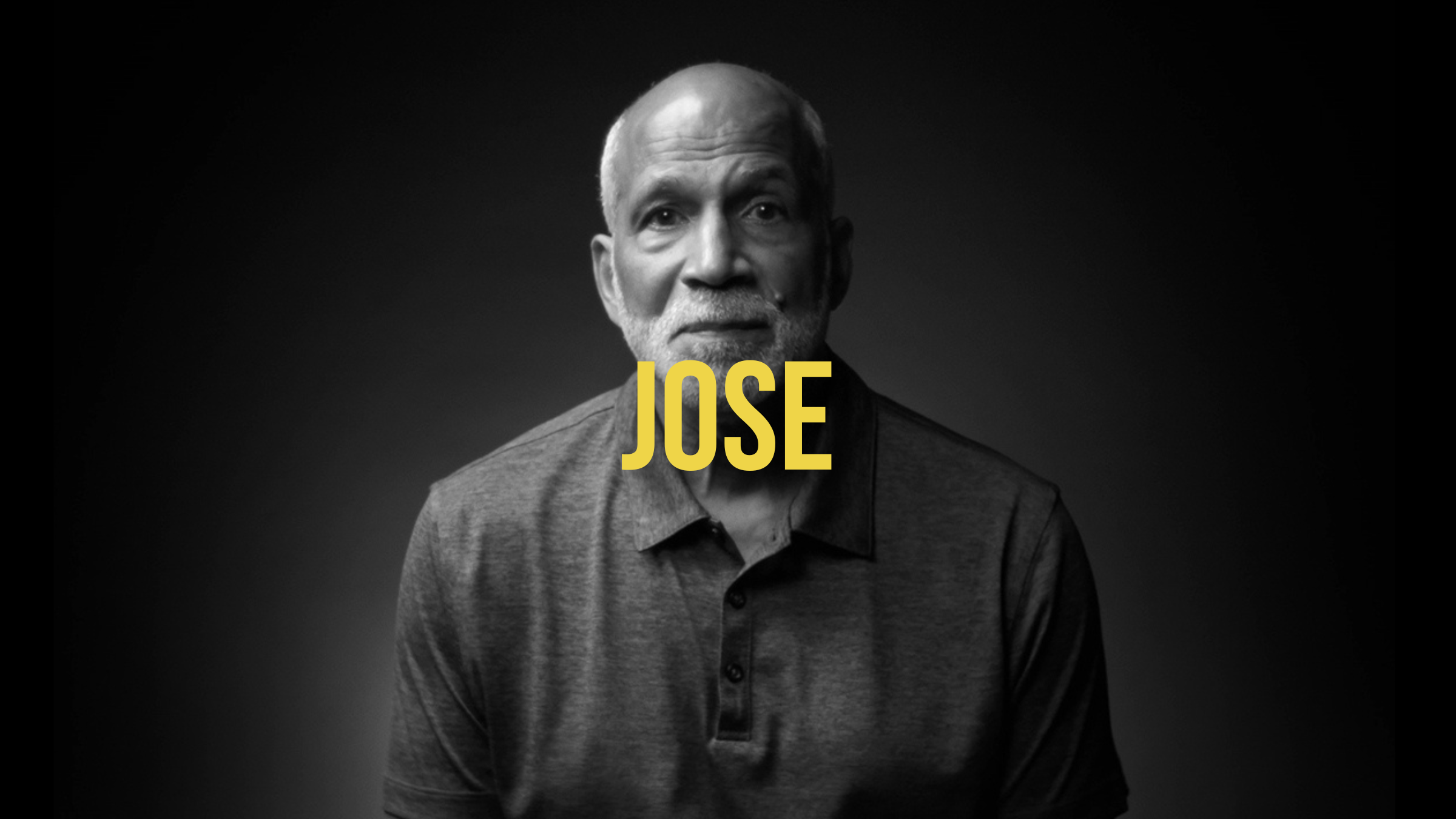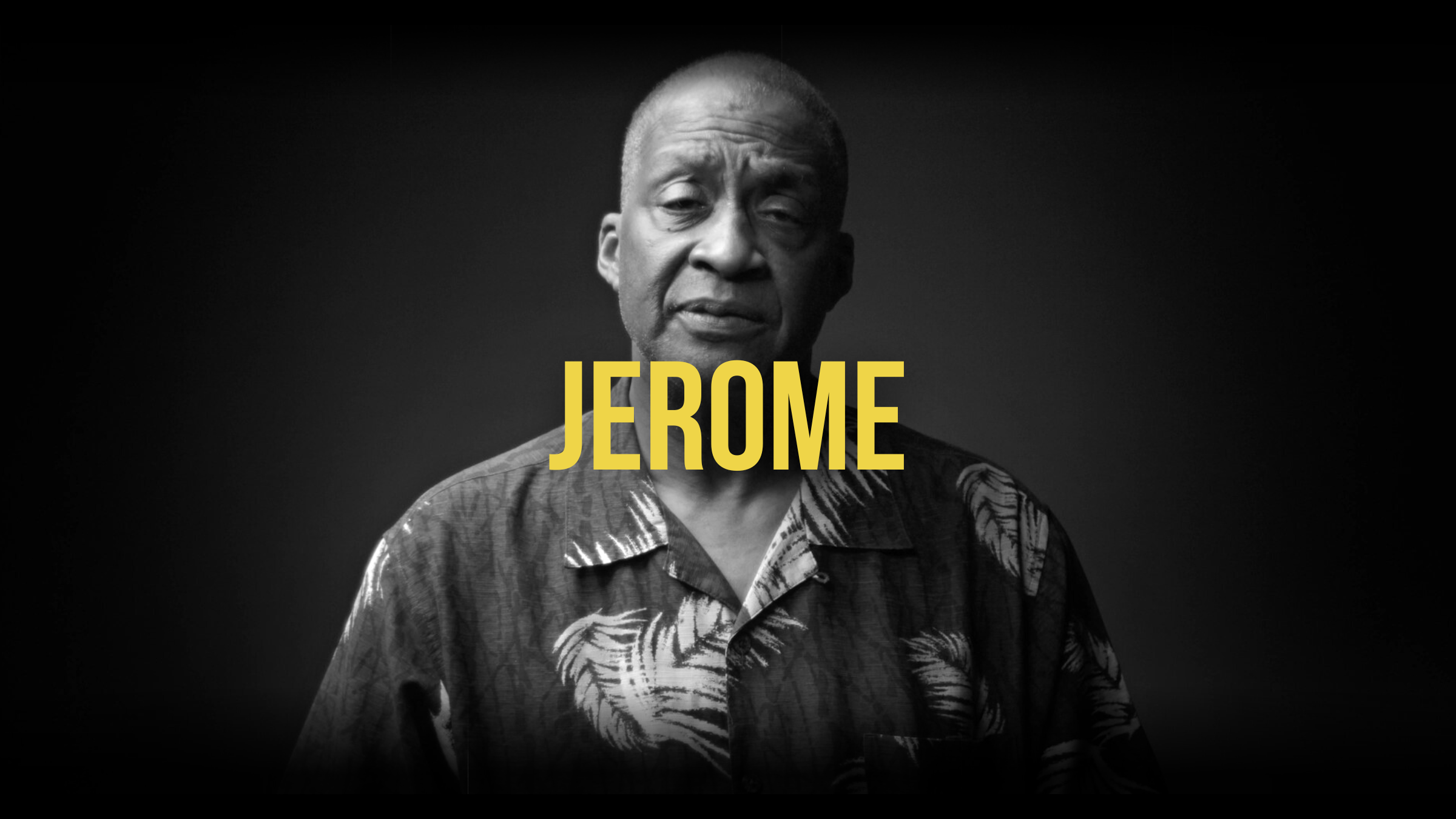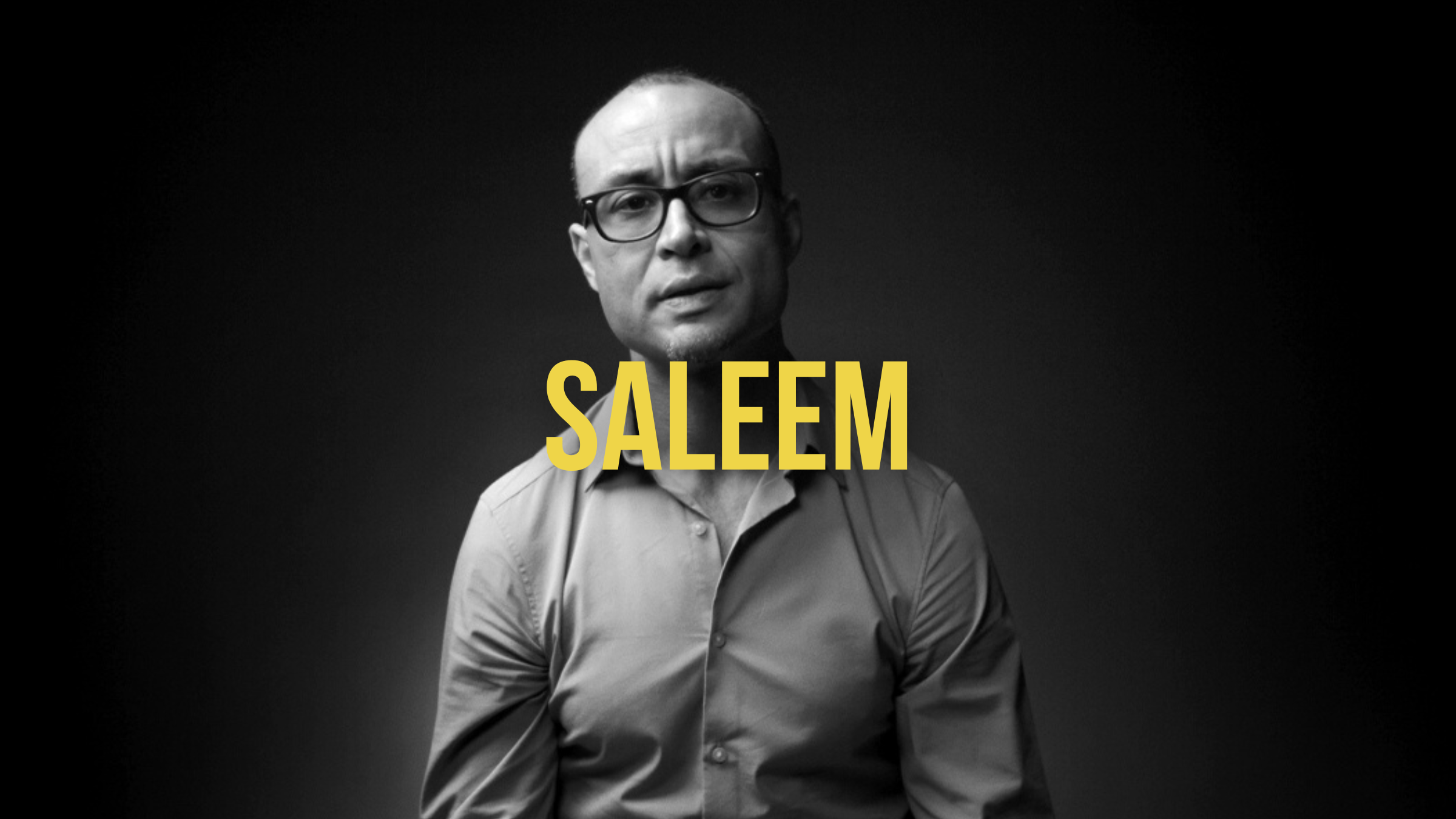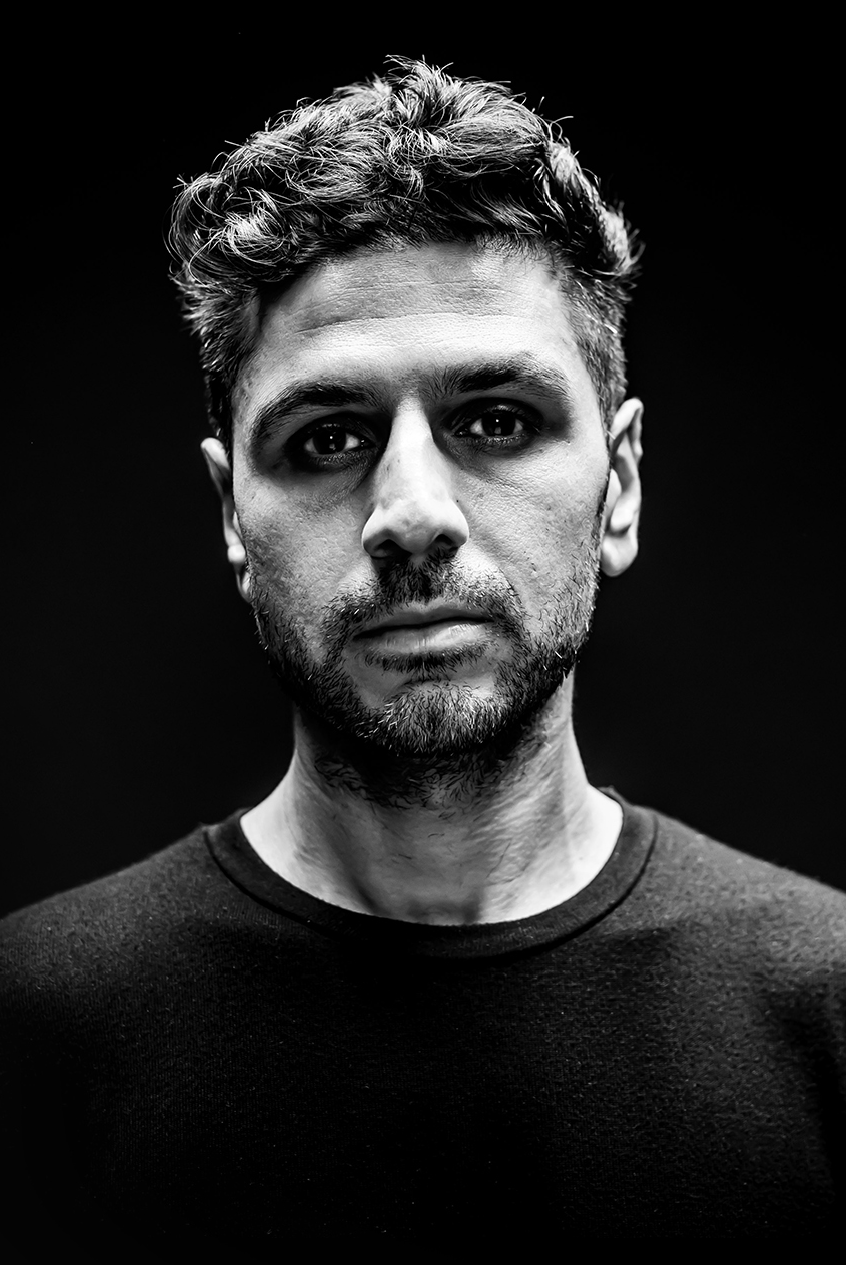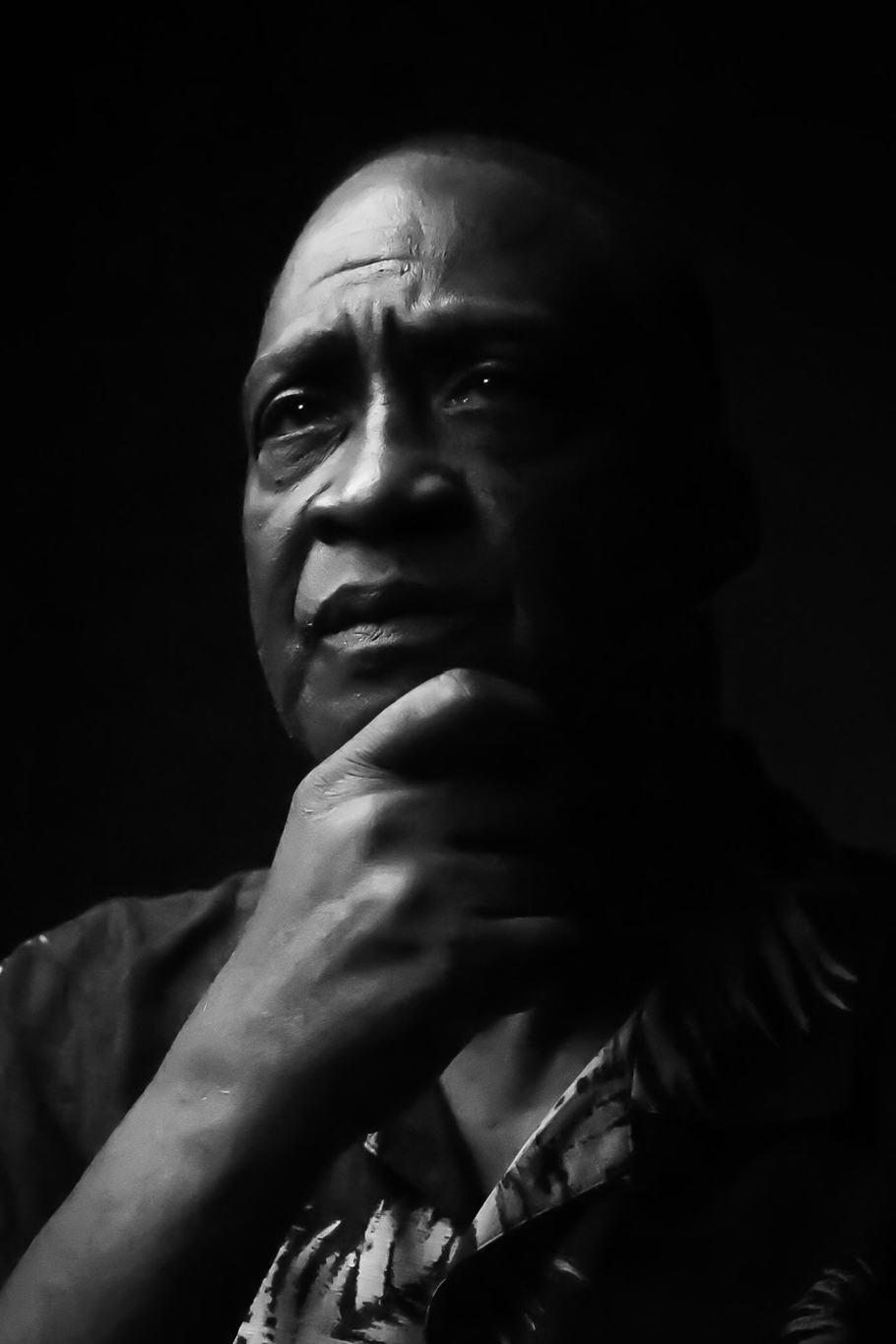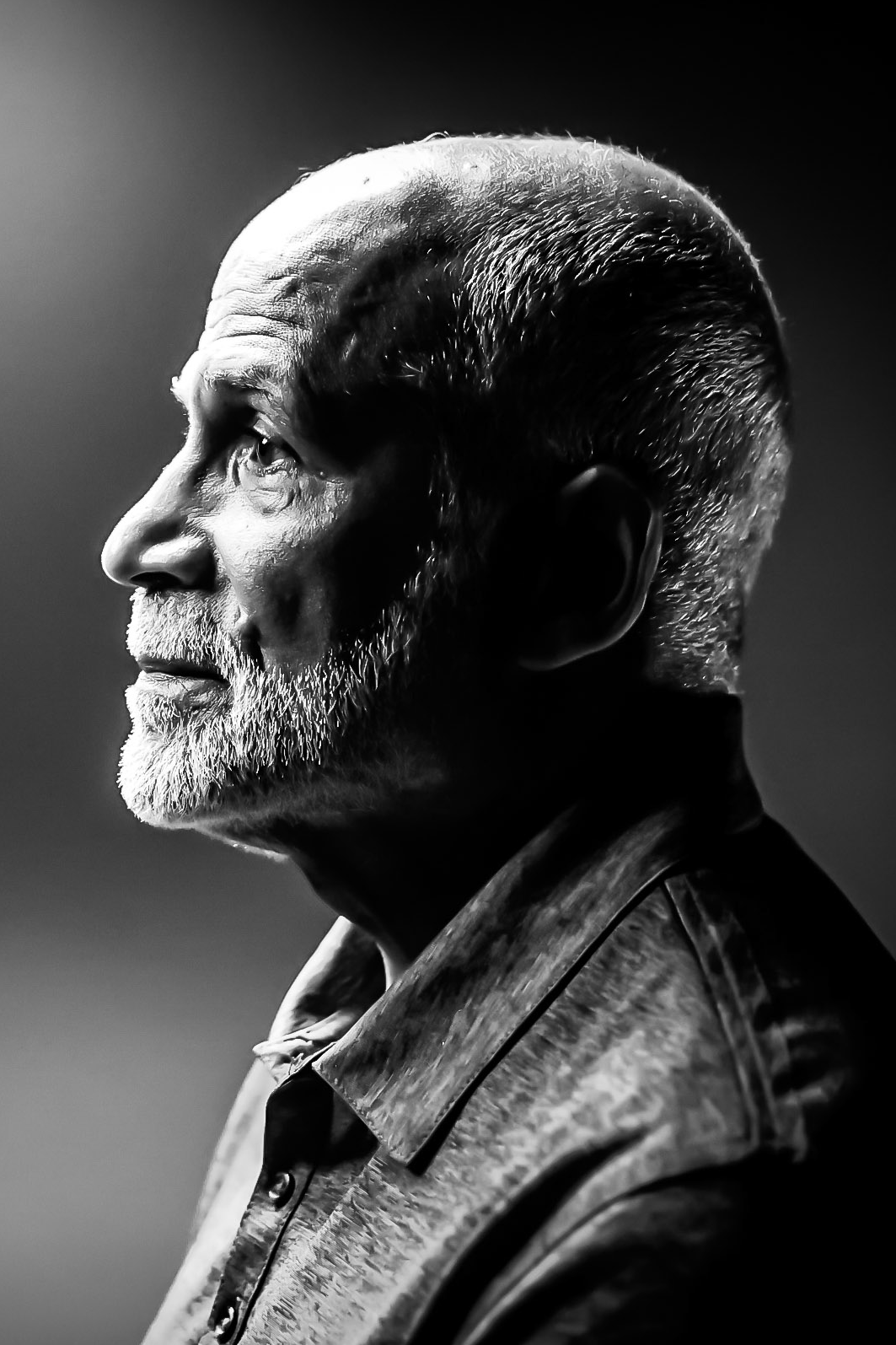
The 13th Amendment abolished slavery. Except for me.
The 13th Amendment abolished slavery, right? NO.
To this day, the 13th Amendment includes an exception clause that still allows slavery to be used as punishment for crime. This exception was used as the legal basis for Black Codes and convict leasing during Reconstruction and continues to be cited to defend the exploitative use of prison labor today.
What this means is that, with one wrong turn, YOU could be legally enslaved today. This hard truth is a reality for the millions of people behind bars across the country.
#ExceptForMe is a digital series uplifting the voices of those who have suffered under the exception as we fight to #EndTheException and abolish slavery for all. The series was originally published as part of an in-person and online activation series that ran from Labor Day to Constitution Day 2022.
13th AmendmentNeither slavery nor involuntary servitude, except as a punishment for crime whereof the party shall have been duly convicted, shall exist within the United States, or any place subject to their jurisdiction.
END THE EXCEPTION AmendmentNeither slavery nor involuntary servitude may be imposed as punishment for a crime.
DEMAND ChangePostcard
Print and send a postcard to your Congressmember demanding they support the End the Exception Amendment to #EndTheException and abolish slavery for all.
Use our tool to send an email — in just 30 seconds — to your Congressmember demanding they support the End the Exception Amendment to #EndTheException and abolish slavery for all.
Avatar
Change your avatar on all social platforms to demonstrate your support for #EndTheException and help engage others.

REmembering AtticaOn September 9, 1971, men incarcerated at Attica prison in New York started a rebellion to demand dignity and justice. Their manifesto included 27 demands, eight of which addressed the exploitation of their labor. The state responded with unimaginable violence. By September 13, when the uprising came to an end, 43 people had died, including 33 incarcerated men. Today, more than 50 years later, we continue the fight for these demands for those still incarcerated in a racist and unjust system in their legacy.
“The legacy of Attica was that human beings decided that they would rather die than live another day. And when I went to Attica, I was on the actual tier where people were murdered and you could see the chips on the bricks, which they refused to fix so that we could all remember the people that died there.”








